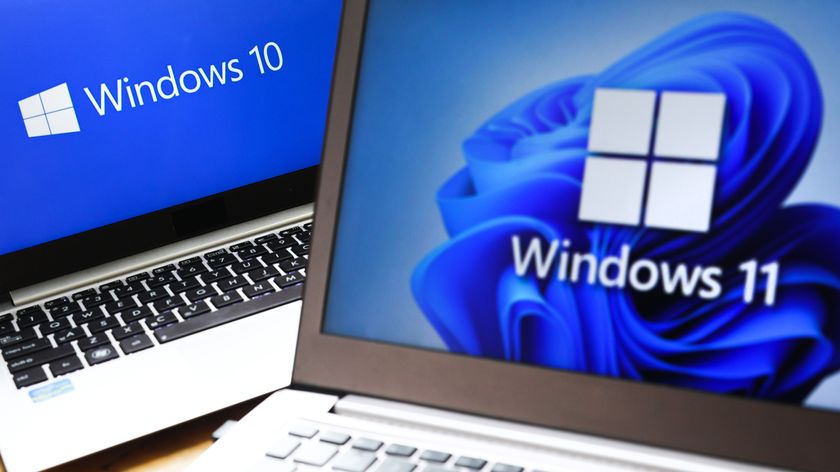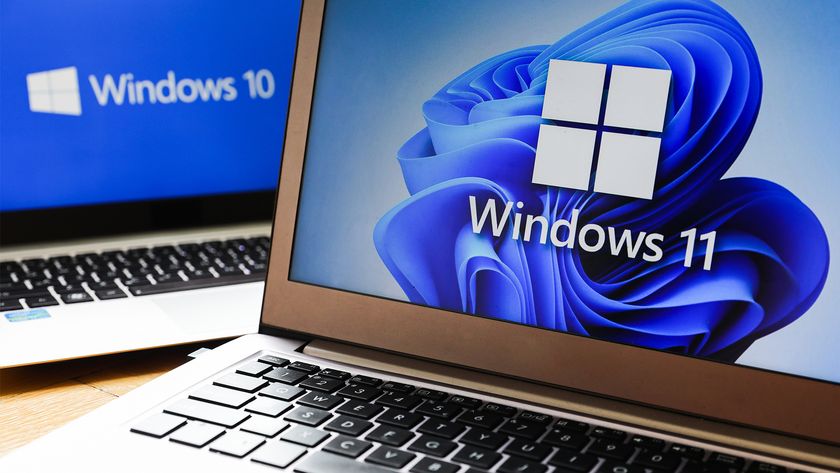Smoothing the move to Windows 7
Businesses need to prepare carefully if they want a hassle-free migration.
With Windows Vista, the demands on PC hardware and a lack of drivers for some peripherals caused particular problems for business users. With these issues largely addressed under Windows 7, the focus needs to be on applications.
"With past client OS versions, the minimum hardware requirements specified by Microsoft were often found to be unrealistic for business use, with the higher hardware specifications needed in order to achieve a good user experience," says Richard Tinker, director of infrastructure consulting at Avanade, the IT consultants.
"With Windows 7, installation on a machine with minimum specification - at least a 1GHz 32-bit processor, 1GB of RAM, a Direct X 9 graphics processor, and 16GB of free disk space, leads to a good user experience." He adds that computers that run XP well enough now should run as well, and sometimes better, under Windows 7.
However, moving to the new OS needs a structured approach, to minimise disruption. Avanade's Tinker advises businesses to start with an inventory of their applications, including removing unused software; a review of all security products; and a thorough check of all backup procedures.
"A migration from one client OS to another, particularly where a hardware refresh is involved, introduces the risk of data loss, especially where data is stored on user's local machines. Any migration needs to assess local data storage and pilot and test user state data migration. Rollback in the event of migration failure is critical," says Tinker.
"Look at the number of applications and number of versions [you run]," agrees Three Point Enterprises' Jackson. "Clean your house, and bring forward the upgrades you need."
Click here for a How To tutorial on running XP applications in Windows 7.
Get the ITPro. daily newsletter
Sign up today and you will receive a free copy of our Focus Report 2025 - the leading guidance on AI, cybersecurity and other IT challenges as per 700+ senior executives
















